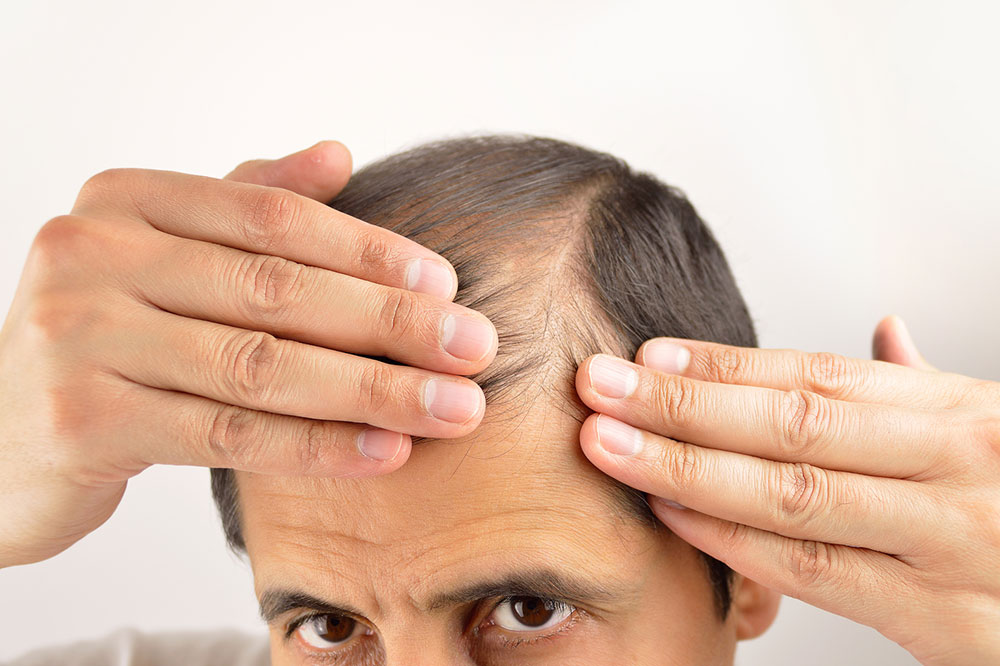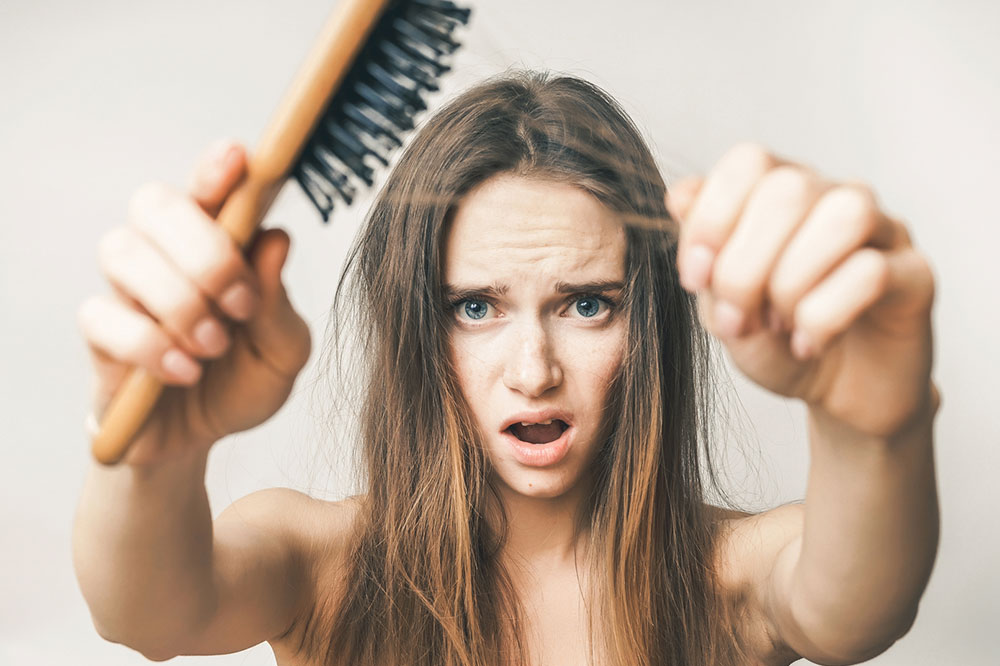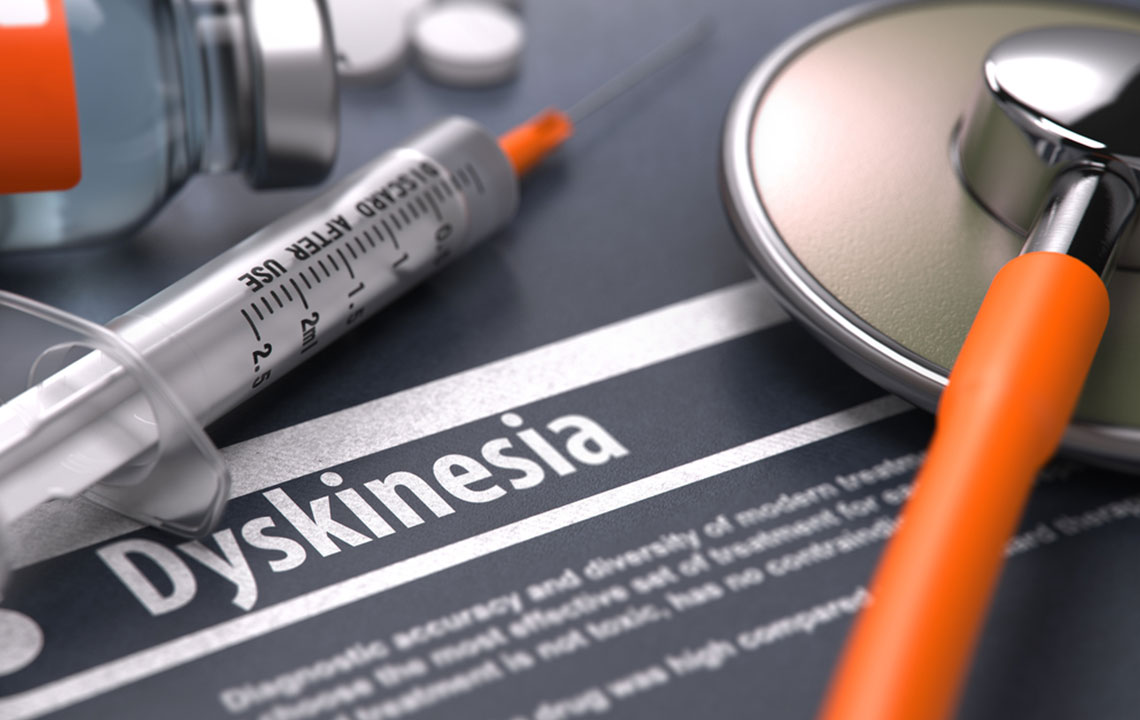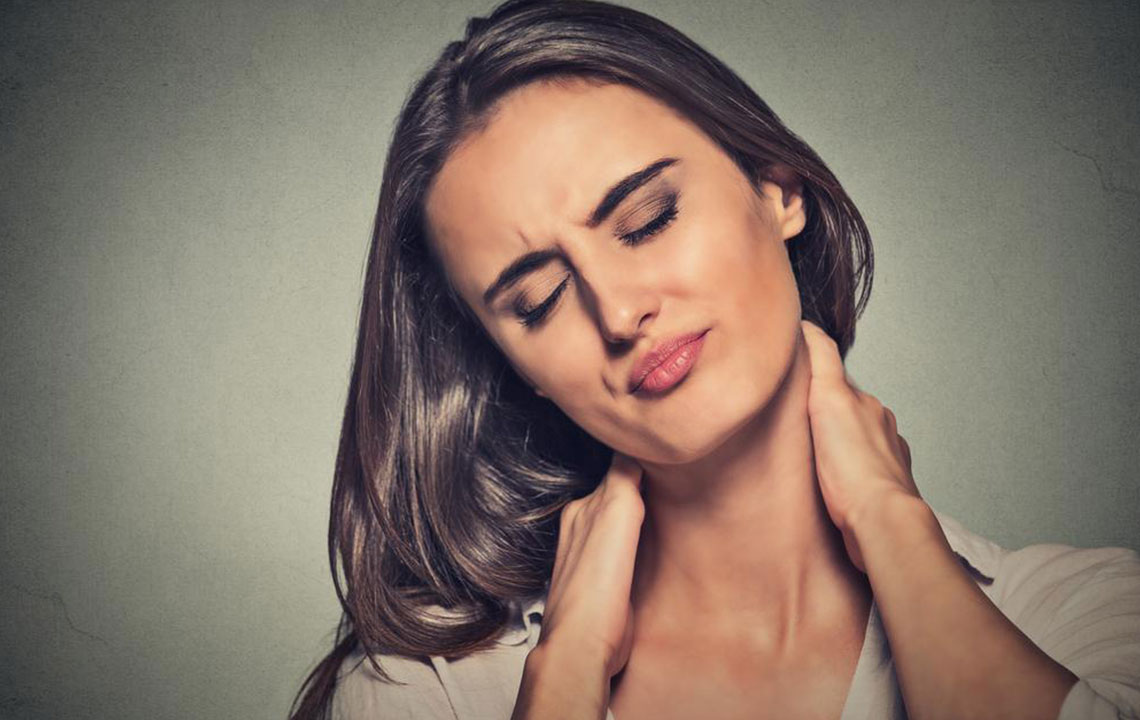Understanding the Four Main Causes of Unusual Hair Thinning and How to Address Them
Discover the four primary causes of abnormal hair thinning, including stress, hormonal fluctuations, diet deficiencies, and medication effects. Learn practical strategies to prevent and manage hair loss, ensuring healthier hair through lifestyle changes and medical guidance. This comprehensive overview helps individuals understand the complex factors behind hair thinning and provides actionable steps for maintaining hair vitality and confidence.

Understanding the Four Main Causes of Unusual Hair Thinning and How to Address Them
Hair thinning and excessive shedding are concerns that affect a broad spectrum of people, regardless of age or gender. While hair shedding in small quantities is a normal part of the hair cycle, noticing increased thinning, visible scalp patches, or receding hairlines can indicate underlying problems that require attention. Hair loss is a complex condition influenced by various internal, external, lifestyle, and genetic factors. Recognizing the main causes behind abnormal hair thinning can help in adopting targeted strategies for prevention and treatment.
Hair health is continuously impacted by multiple elements, and understanding these can empower individuals to take proactive steps toward maintaining thicker, healthier hair. Below, we explore in depth the four primary causes that can lead to abnormal hair thinning, along with practical tips for management and prevention.
Psychological and Physical Stress: The Hidden Enemy of Hair Health
Among the most significant contributors to hair thinning is stress—both psychological and physical. Stress triggers a cascade of hormonal changes in the body, which can interfere with the normal hair growth cycle. When the body perceives high levels of stress, it enters a survival mode, redirecting resources away from non-essential functions like hair growth. This response can lead to telogen effluvium, a condition characterized by excessive shedding of hair strands.
Events such as severe illness, major surgery, chronic anxiety, or intense emotional distress can provoke a temporary but noticeable increase in hair loss. For example, a high fever or injury prompts the body to conserve energy by slowing down processes associated with non-critical functions, including hair regeneration. Prolonged or recurring stress may cause hair follicles to prematurely enter the resting phase, leading to diffuse thinning across the scalp.
Managing stress effectively is crucial for preserving healthy hair. Techniques like mindfulness meditation, regular physical activity, adequate sleep, and counseling can help mitigate stress impacts. Additionally, maintaining a balanced lifestyle and seeking professional help when needed can substantially reduce stress-related hair loss.
Hormonal Fluctuations: A Major Player in Hair Loss
Hormonal changes are natural parts of life but can significantly influence hair health. Women often experience hair thinning during menopause or postpartum due to fluctuations in estrogen and progesterone levels. Similarly, men may begin to experience pattern baldness, which can start as early as their teenage years and progress with age. The hormone dihydrotestosterone (DHT), a derivative of testosterone, is closely linked to hair loss in men.
In men, DHT binds to androgen receptors in hair follicles, causing miniaturization—shrinking of hair follicles which results in thinner, shorter hair until hair growth ceases altogether. In women, hormonal imbalances may result from pregnancy, menopause, and certain medical conditions, leading to diffuse hair thinning across the scalp. Elevated or reduced levels of estrogen and progesterone can disrupt the hair growth cycle, causing hair to become fragile and more prone to breakage.
Addressing hormonal imbalances involves appropriate medical consultation. Hormone therapy, medications, or lifestyle modifications can help restore hormonal equilibrium and promote healthier hair growth. Regular check-ups with healthcare providers and hormonal assessments are recommended for those experiencing persistent hair thinning linked to hormonal issues.
Diet and Nutrition: The Foundation of Healthy Hair
Your diet plays a vital role in maintaining strong, shiny hair. The hair shaft relies heavily on adequate intake of essential nutrients—deficiencies can lead to increased hair fall regardless of age or gender. Iron deficiency, for instance, is a common cause of hair thinning, especially in women. Iron is critical for oxygen delivery to hair follicles, supporting healthy growth.
Other key nutrients include zinc, vitamin D, B vitamins (particularly biotin and B12), vitamin C, vitamin A, selenium, and amino acids. These nutrients contribute to various aspects of hair health, such as strengthening hair strands, improving scalp circulation, and preventing dryness and breakage. A balanced diet rich in lean proteins, fresh fruits, vegetables, nuts, and whole grains can naturally enhance hair quality and reduce hair loss.
In cases where dietary intake is insufficient, supplements may be considered, but it’s best to consult with a healthcare professional before starting any new supplement regimen. Avoiding crash diets and ensuring regular consumption of nutrient-dense foods empowers the body to support healthy hair growth from within.
Medication Side Effects: An Often Overlooked Cause of Hair Loss
Many prescription medications, while effective for treating various health conditions, may have unintended side effects, including hair thinning or loss. Drugs prescribed for managing blood clot prevention, depression, seizures, and hormonal contraceptives are common culprits. The mechanism behind medication-induced hair loss varies—some drugs interfere with the hair growth cycle, while others may alter nutrient absorption or hormonal balance.
For example, certain beta-blockers and blood thinners have been linked to hair shedding in some individuals. Chemotherapy treatments also cause rapid hair loss due to their effect on rapidly dividing cells, including hair follicles. Understanding the potential side effects of medications is essential for patients, particularly if they notice increased hair thinning after starting a new drug regimen.
Consulting healthcare providers before making any changes to medication is crucial. If hair loss becomes significant or bothersome, doctors may adjust the dosage, switch medications, or recommend additional treatments to mitigate hair thinning. Never discontinue prescribed medication without professional guidance, as doing so can pose serious health risks.
Conclusion: Taking Action to Preserve Hair Health
Unusual hair thinning can stem from various internal and external factors, but identifying the root causes is the first step toward effective management. Whether it’s stress, hormonal imbalance, nutritional deficiencies, or medication side effects, understanding these triggers allows individuals to implement targeted solutions.
Adopting a comprehensive approach—stressing stress management, maintaining hormonal health, following a balanced diet, and consulting healthcare providers—can make a significant difference in hair health. Preventive care, early intervention, and consistent hair care routines are essential for maintaining a full, vibrant head of hair. If you notice persistent or severe hair loss, professional medical advice is recommended to develop a personalized treatment plan tailored to your needs.





